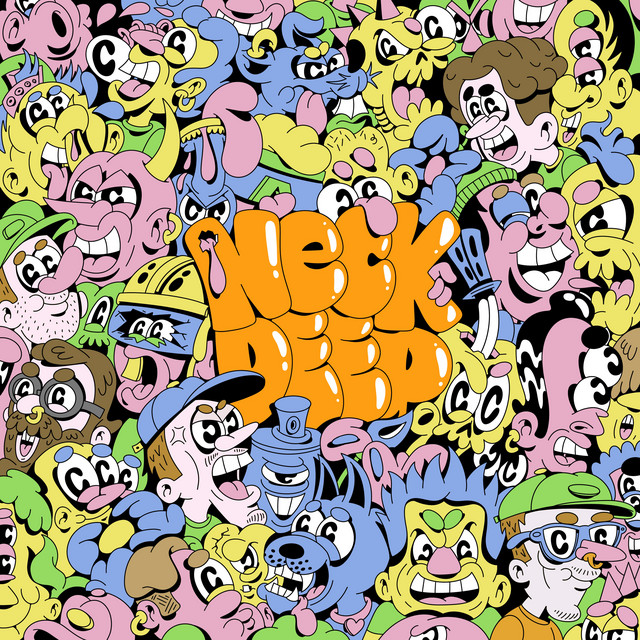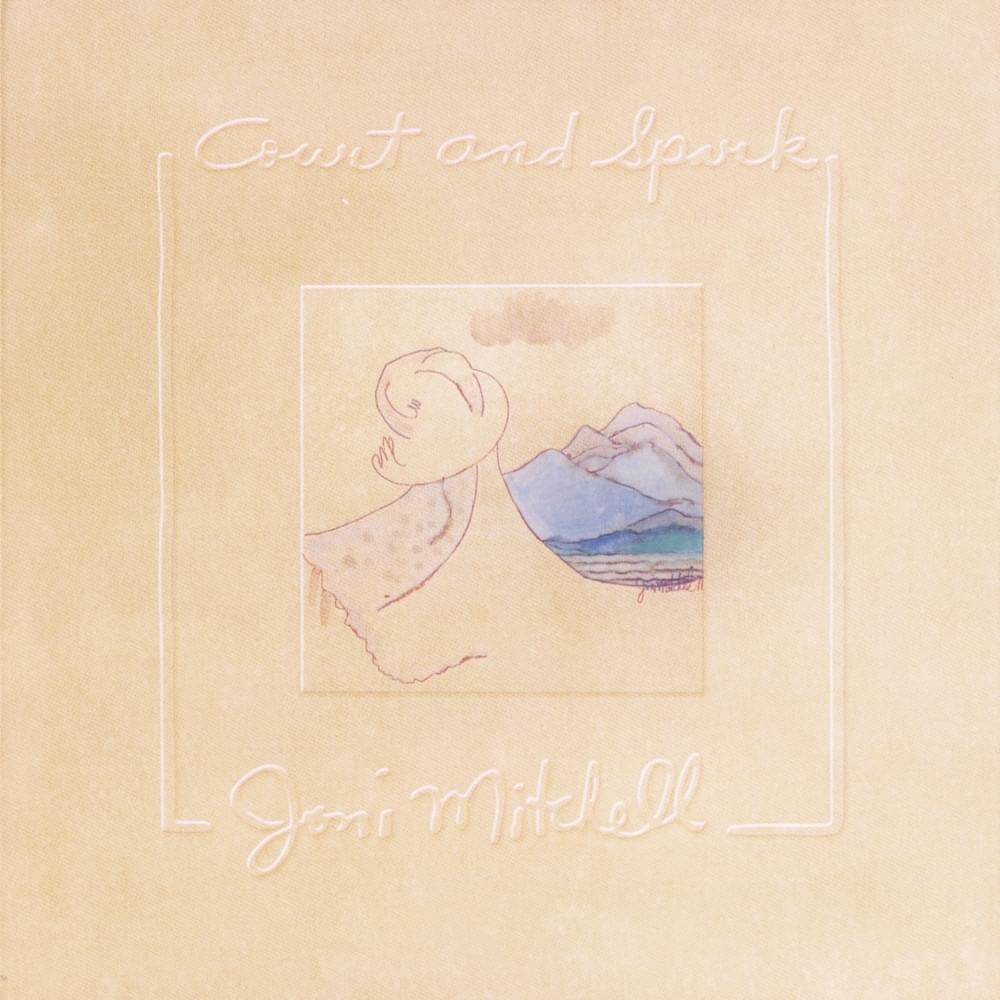What a strange predicament death creates.
David Bowie’s 25th album Blackstar was released only days before his abrupt and tragic death. The almost fated timing has completely changed how fans will appreciate the album.
It’s likely that many would have picked up on the funerary themes, since most songs on the album’s 41 minute runtime contain lyrics concerning the afterlife, legacy and symbolism associated with the end. Yet to lazily describe Blackstar as just a farewell from Bowie is a massive disservice. Blackstar throws so many musical concepts together in an intriguing way; never simple and always entertaining in its self-embraced oddity.
There is, of course, a huge amount of meta-context to Blackstar. Bowie was aware of his terminal cancer while writing the album. Producer Tony Visconti even confirmed in a Rolling Stones interview that “Lazarus” — and its accompanying music video — was a carefully planned goodbye. Much of Blackstar’s sense of inevitable mortality speaks to Bowie’s own condition.
Opener “Blackstar’s” near 10 minute runtime is so densely packed with cryptic lyrics that to even attempt at deciphering the song would result in an entire essay of its own. Even musically it defies genre placement. It begins with stuttering drums and distant saxophone — courtesy of Donny McCaslin — that mutates into an extended bridge of swelling synths, bubbling bass and filtered vocals. The resulting effect creates an alien-feeling as Bowie repeatedly responds to himself:
“I can’t answer why (I’m not a gangster)/But I can tell you how (I’m not a filmstar)/We were born upside down (I’m a star star)/Born the wrong way ‘round (I’m not a white star)/I’m a Blackstar.”
There’s a simultaneous acceptance of Bowie’s mercurial nature and his defiance of being labeled throughout this record. This isn’t a return to form for him, as many assumed would be the case after The Next Day’s (2013) throwback aesthetic, nor is it a statement of who exactly David Bowie is or was.
“Blackstar” and “Lazarus” will probably be the two songs pored over the most, but it’s tracks like “Girl Loves Me” that showcases Bowie’s elusiveness to labels. The opening verse’s lyrics are replete with British colloquialisms and Nadsat slang from “A Clockwork Orange:” “Cheena so sound, so titi up to this malcheck, say/Party up moodge, nanti vellocet round on Tuesday,” as jagged and uneasy percussion underscores it all. The other-worldly tone of the song is exaggerated with echoed vocals and periodic orchestral strings.
Visconti claims Bowie was influenced by the abstract musicianship of Death Grips and the bold experimentation of Kendrick Lamar on To Pimp a Butterfly for “Girl Loves Me.” The track stands out so distinctly from the rest of the album, both tonally and content-wise. It says all there is to say about Blackstar: both everything and nothing.
In essence, Blackstar is a classic record. How could it not be? It’s a capstone for an artist whose career has gone beyond music and influence has broached varying creative mediums. The lyrics are abstract and layered with meaning. The instrumentation and musical arrangement is a confusing yet captivating mix of jazz and rock. Its circumstantial release and intentional ambiguity makes it deserving of repeat listens and lengthy discussion. Everything about David Bowie and what his numerous alter egos was supposed to mean is present on this album.
The world will never see a talent quite like David Bowie again, but it is all the richer for having him at all.
Blackstar was released on January 8, 2016 through ISO Records















